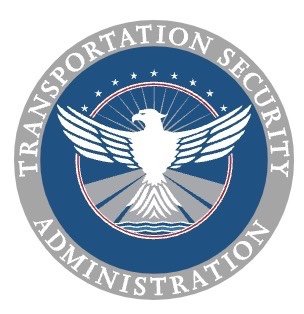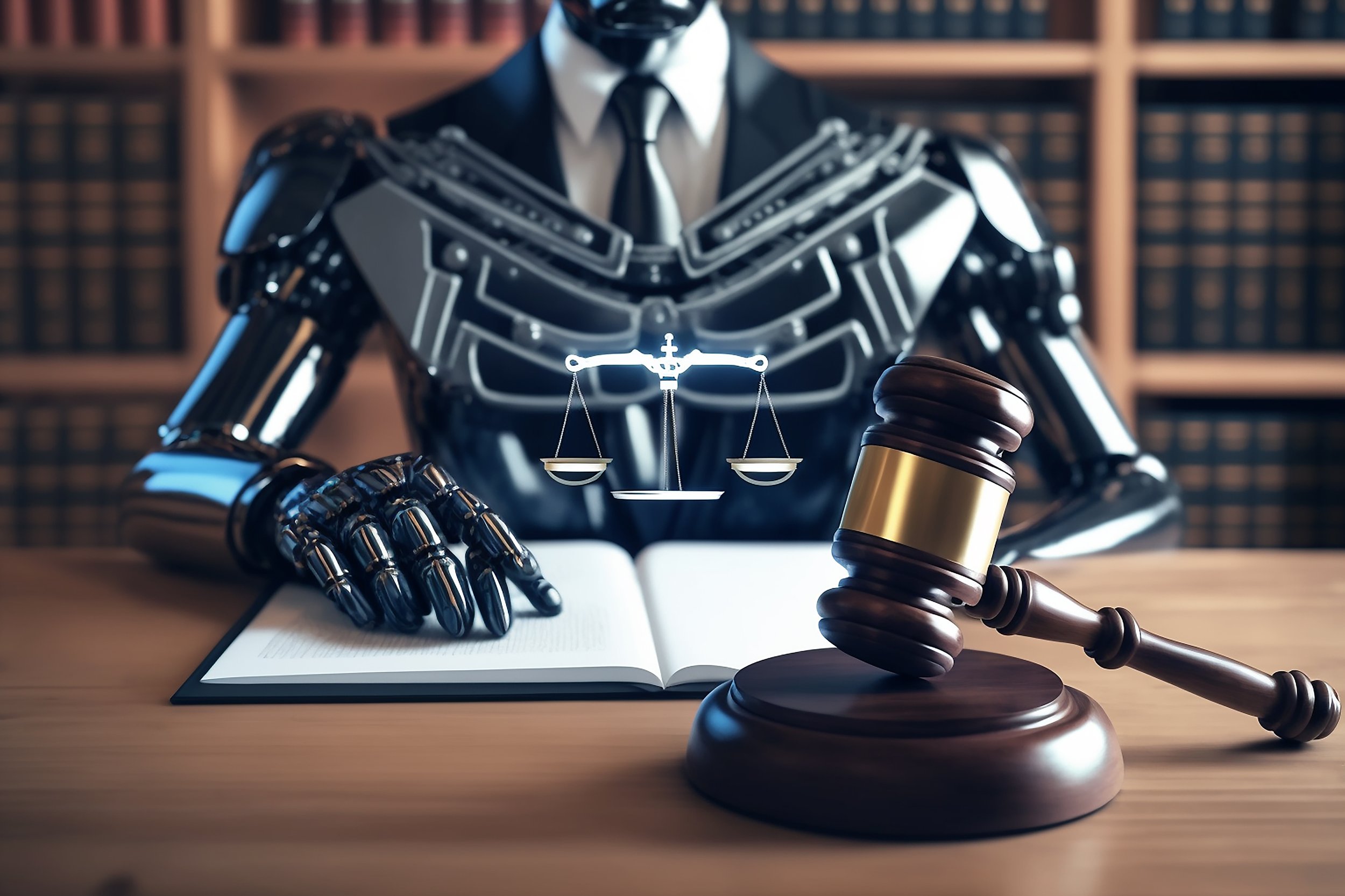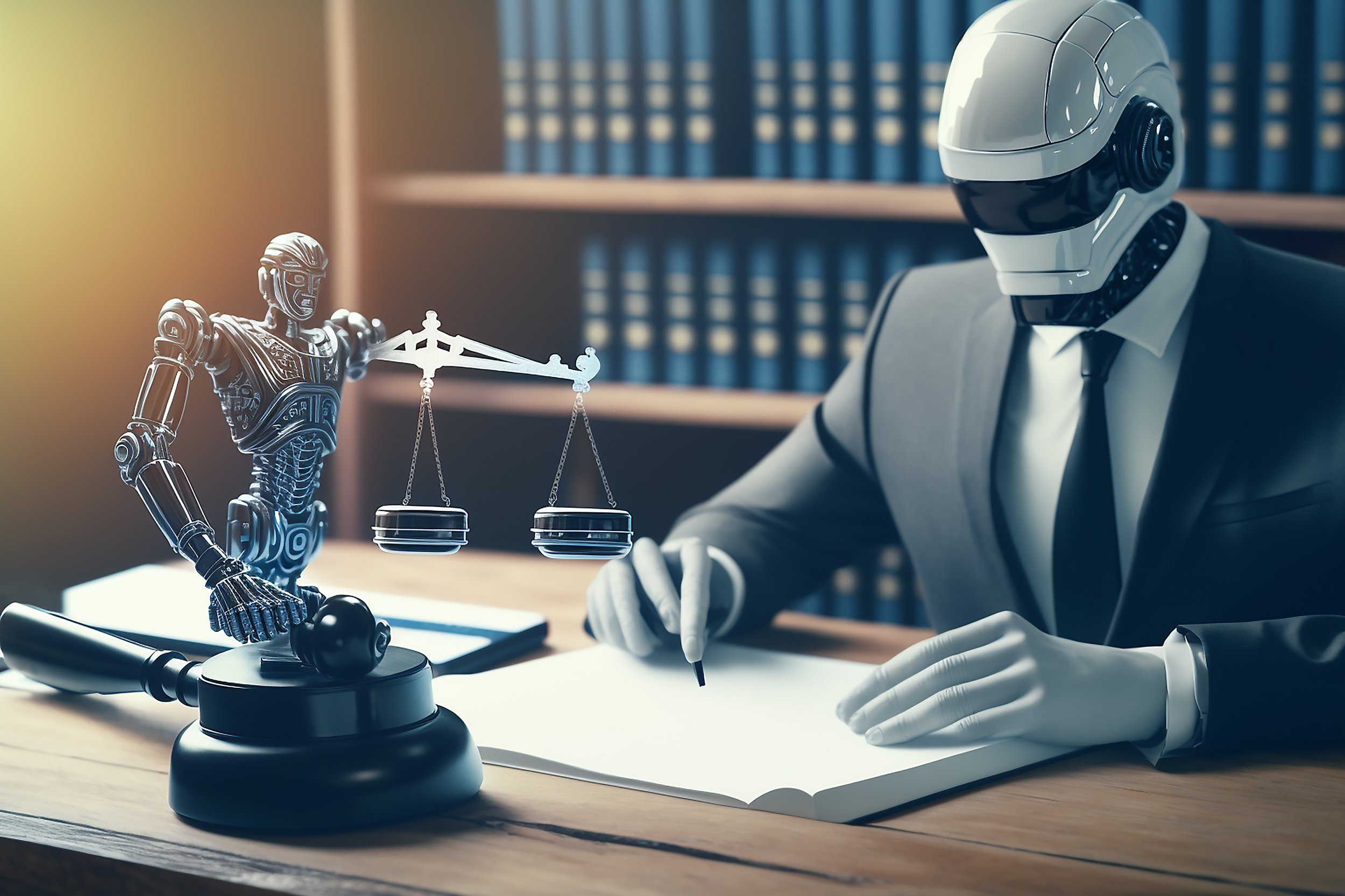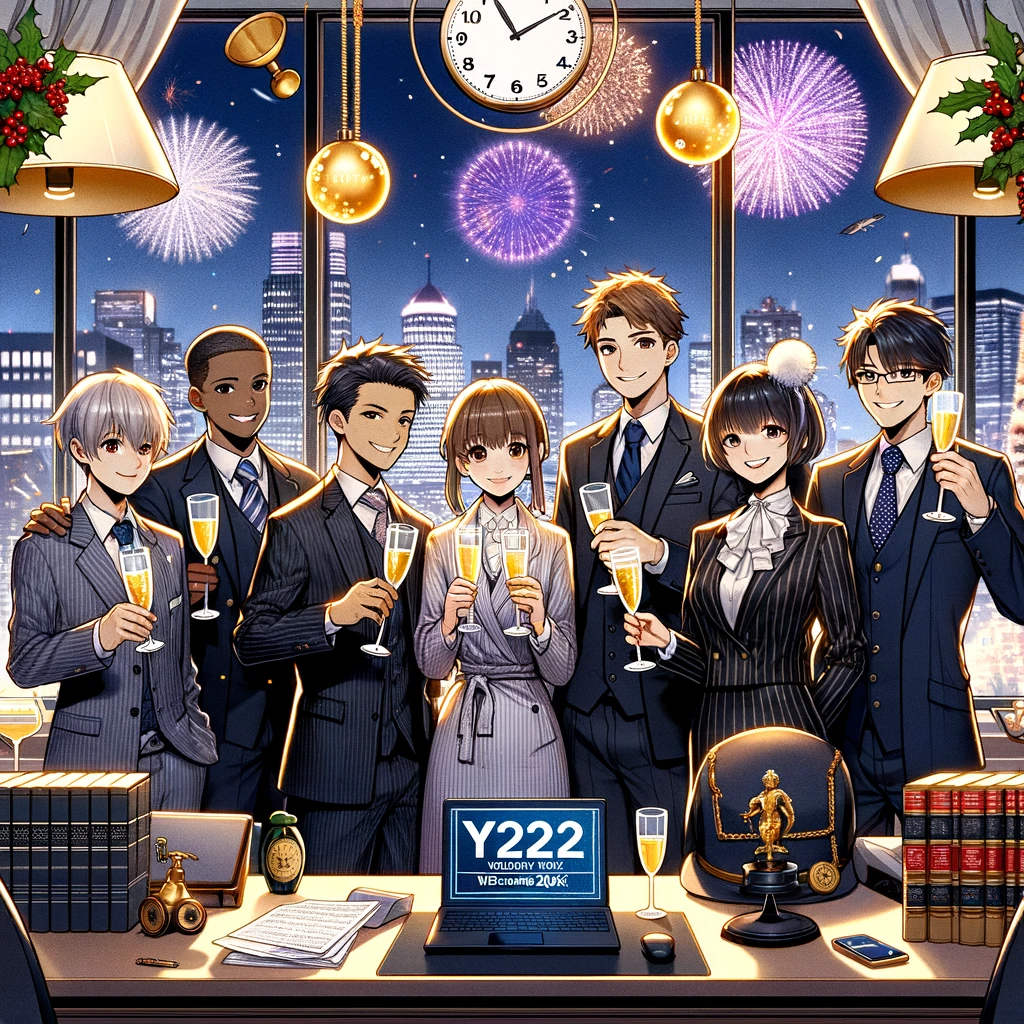Are Lawyers At Risk? 🧐 How Relying On Smartphones May Impact Cognitive Health. 😬
/In recent years, smartphones have become an indispensable tool for lawyers, aiding us in various aspects of our profession. However, as attorneys increasingly rely on these devices to perform our daily tasks, concerns about the potential impact on our cognitive health and mental well-being have arisen. Cognitive decline refers to the gradual deterioration of brain function over time, affecting memory, attention span, decision-making abilities, and overall cognitive performance. While aging is a natural contributor to cognitive decline, emerging research indicates that excessive smartphone use may exacerbate this phenomenon. For lawyers who depend on our mental sharpness and critical thinking skills to analyze complex legal cases and develop effective arguments, any factors that hinder cognitive function could be detrimental to our professional success.
overloading our brains due to smartphone use may have a negative impact on our cognitive Health!
One of the primary concerns regarding smartphone usage is its potential to contribute to cognitive overload among lawyers. With constant access to emails, messages, notifications, and a myriad of other applications, lawyers are often bombarded with information throughout the day. This continuous influx of data can lead to cognitive overload, making it difficult for lawyers to focus on important tasks, ultimately impacting our mental well-being. The irony cannot be ignored, given that many attorneys were already distracted before the incorporation of instantaneous information from our smartphones as we wait for that important phone call or letter (oftentimes only to be received the next day we return to our office to receive our overnight messages or our finally delivered USPS mail).
Studies have shown that excessive smartphone use can lead to decreased attention spans and reduced ability to concentrate for extended periods. Lawyers require a high level of concentration and attention to detail when working on complex legal cases. The multitasking behaviors promoted by smartphones may also harm a lawyer's cognitive performance in the long run. While juggling multiple tasks simultaneously might seem efficient at first, research suggests that multitasking can lead to decreased productivity and increased errors. Lawyers who are constantly switching between smartphone activities and legal tasks or just juggling multiple cases on our smartphones may experience cognitive overload. This may impair our ability to think critically and make sound decisions. This may also diminish our ability to quickly recall vast amounts of legal knowledge. If prolonged smartphone usage hampers these cognitive abilities over time, it could potentially jeopardize the quality of our work and increase our stress levels.
The “physics” and “stress” of late night smartphone use may have a negative impact on our health!
Smartphones have been found to disrupt sleep patterns due to increased exposure to blue light emitted by screens. Lawyers often work long hours and may be tempted to check work-related emails or engage in other professional activities using our smartphones late into the night. The negative impact on sleep quality can lead to fatigue and impaired daily cognitive function.
Then, there is the addictive nature of smartphones. Social media platforms, news apps, games - all these distractions can easily consume valuable time that could be spent engaging in activities that promote mental well-being, such as exercise or spending time with loved ones. For lawyers who already face demanding work schedules and high-stress levels inherent in our profession, addiction or over-reliance on smartphones may exacerbate these issues, leading to burnout and decreased mental well-being.
Finding daily balance and limits on our smartphone use at work may prove important to our smartphone use!
While smartphones undoubtedly offer convenience and productivity benefits to lawyers, it is crucial for legal professionals to find a balance between utilizing these devices effectively and protecting our cognitive health. Implementing strategies such as setting boundaries for smartphone use, employing time management techniques, and practicing mindfulness can help mitigate the potential negative effects on mental well-being. Recognizing these risks and adopting strategies to manage smartphone use effectively can help attorneys maintain our cognitive health while navigating the demands of our profession.
MTC
Happy Lawyering!




























